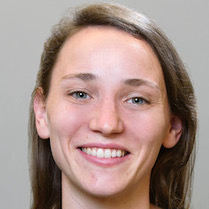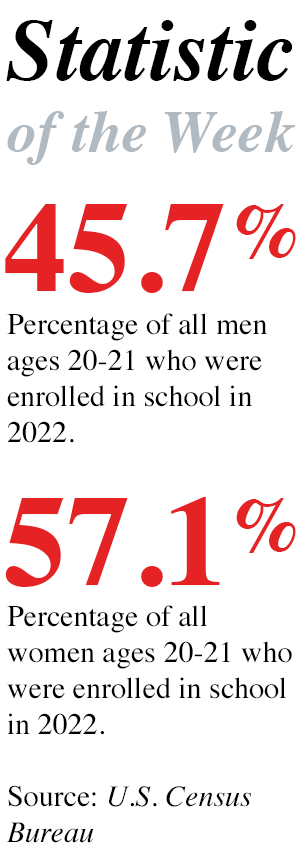Study Documents a 20 Percent Drop in Publishing Activity After Women Academics Give Birth
Posted on Mar 03, 2021 | Comments 0
 A new study lead by Allison Morgan, a Ph.D. student in computer science at the University of Colorado Boulder, find that despite strides in family-leave offerings, and men taking a greater role in parenting, women in academia still experience about a 20 percent drop in productivity after having a child, while their male counterparts generally do not.
A new study lead by Allison Morgan, a Ph.D. student in computer science at the University of Colorado Boulder, find that despite strides in family-leave offerings, and men taking a greater role in parenting, women in academia still experience about a 20 percent drop in productivity after having a child, while their male counterparts generally do not.
The study suggests that persistent differences in parenting roles are the key reason that men tend to publish more research papers than women. Because publishing is closely linked to promotion, this gender gap could have long-term impacts on academia.
For the study, the researchers surveyed more than 3,000 faculty in computer science, history, and business departments at 450 universities in the United States and Canada in 2018. They also gathered data on publishing rates and institution’s leave policies. The researchers found that while parental leave is critically important for women seeking faculty positions, 43 percent of higher educational institutions have no such policy.
Mothers produce about three-quarters the amount of papers that fathers do in their early careers. The bulk of that productivity gap comes shortly after the baby is born, the researchers found, with women producing 20 percent fewer papers than they would be expected to otherwise in the years following childbirth.
“Gender differences around parenthood are still driving decreases in women’s productivity,” notes Morgan, “and while leave policies are very important for women in choosing their jobs, they are often either missing or incredibly hard to navigate.”
Note, too, that the study was conducted prior to the pandemic. In higher education, specifically, women’s professional lives have been hit harder than men by COVID-19 as many have been forced to cut back on hours or leave the workforce due to increased childcare responsibilities.
The full study, “The Unequal Impact of Parenthood in Academia,” was published in the journal Science Advances. It may be accessed here.
Filed Under: Research/Study








